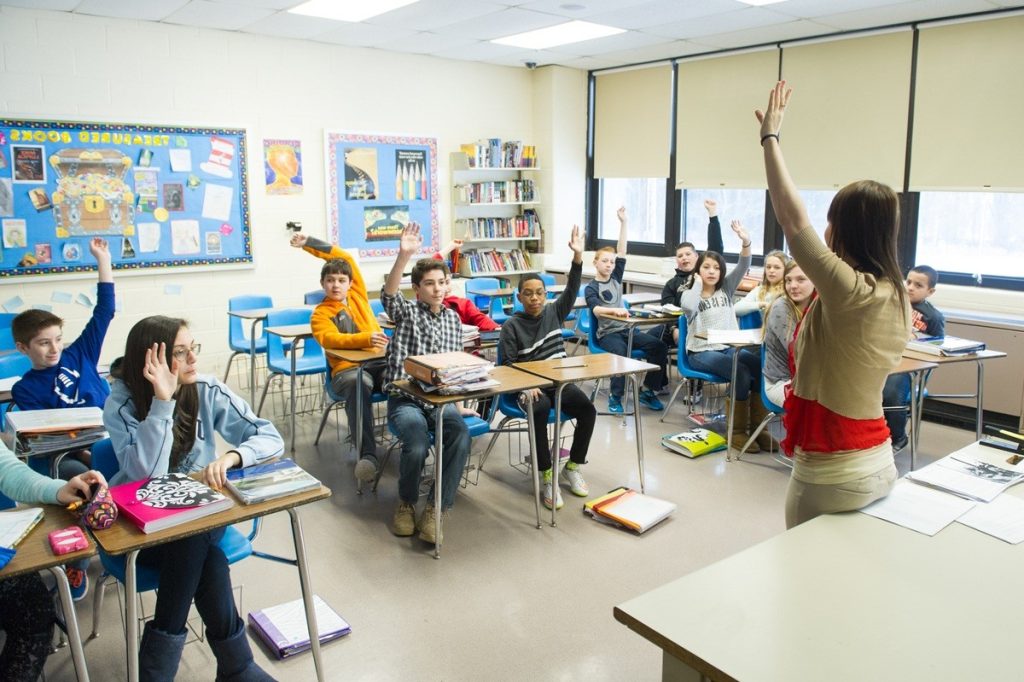Diving into the heart of American history, Martin Luther King Jr. Day and the Civil Rights Movement stand as pivotal moments that reshaped the nation's conscience. Imagine a time when the streets were not just pathways but platforms for change, where voices, once silenced, echoed loud and clear across the world. At the forefront, Martin Luther King Jr., a man whose dream of equality and justice became the rallying cry for a movement that would not be denied. This federal holiday, observed every third Monday in January, does more than just honor the birthday of its namesake; it serves as a living reminder of the struggle for civil rights and the power of nonviolent protest. As we gear up for National Day Calendar's Classroom Week, it's the perfect opportunity to peel back the layers of history and uncover the enduring legacy of MLK and the crusade for civil rights. From the Montgomery Bus Boycott to the historic March on Washington, these stories aren't just chapters in a textbook but lessons in courage, perseverance, and the unyielding belief in the dignity of all people.
Key Takeaway
Timeline
Day Activities
-
Kick-starting the day, students dive into Martin Luther King Jr. Day by crafting vibrant posters that encapsulate MLK's dreams and speeches. They'll pair up, brainstorming the most iconic quotes and moments, then bring their visions to life with markers and imagination. This hands-on activity not only sparks creativity but also deepens their connection to MLK's legacy.
-
Mid-morning, the classroom transforms into a mini cinema, showcasing documentaries on the Civil Rights Movement. Eyes glued to the screen, students absorb the struggles and triumphs of those who fought for equality. Post-viewing, a lively discussion ensues, encouraging them to express their thoughts and learn from each other's insights.
-
Wrapping up, students engage in a reflective writing session. Prompted to ponder how MLK's work influences society today, they jot down personal commitments to promote fairness and kindness in their communities. This exercise not only solidifies their understanding of the day's lessons but also empowers them to be agents of change.
Why We Love This Day
-
Celebrating a hero: Martin Luther King Jr. Day isn't just another day off; it's a tribute to a man who changed the course of history. MLK fought tooth and nail for equality, using words and peaceful protests as his weapons. This day reminds us of his courage and the strides he made toward racial harmony.
-
Learning from history: Diving into the Civil Rights Movement offers a treasure trove of lessons on bravery, unity, and the power of peaceful protest. It's a chance to understand the struggles and triumphs of those who fought for justice and equality. Plus, it's pretty cool to see how individuals can band together and make a big difference.
-
Inspiration for today: Reflecting on MLK's legacy and the Civil Rights Movement isn't just a history lesson; it's a call to action. These stories inspire us to stand up for what's right and to keep pushing for progress in our own communities. After all, if they could do it back then, imagine what we can achieve now.
Past & Future Dates
| Month | Day | Year |
|---|---|---|
| JANUARY | 16 | 2023 |
| JANUARY | 15 | 2024 |
| JANUARY | 20 | 2025 |
| JANUARY | 19 | 2026 |
| JANUARY | 18 | 2027 |
| JANUARY | 17 | 2028 |
FAQ
What special days are in January?
January packs a punch with a slew of special days. From celebrating new beginnings on New Year's Day to honoring the impactful legacy of Martin Luther King Jr., this month isn't short on reasons to observe and celebrate. Apart from the well-known holidays, January is dotted with an array of national days that spotlight everything from quirky interests to pressing societal issues. Think National Sticker Day, National Human Trafficking Awareness Day, and even National Cheese Lover's Day! Every day in January seems to have its unique flavor, making it a vibrant start to the year.
What national day is on January 7?
NATIONAL BOBBLEHEAD DAY – January 7. Founded in 2014 by National Day Calendar® and The National Bobblehead Hall of Fame and Museum, this day bobs its way into the hearts of collectors and enthusiasts alike. It's a fun chance to appreciate those nodding figurines that have a quirky charm all their own.
What national day is January 23rd?
January 23rd is a smorgasbord of celebrations! You've got Maternal Health Awareness Day, spotlighting the importance of maternal health, followed closely by National Rhubarb Pie Day and National Pie Day – a sweet treat for pie aficionados. Penmanship gets its due on National Handwriting Day, while National Measure Your Feet Day rounds out the mix. With such a diverse array of observances, January 23 is definitely a day with something for everyone!
What national day is 1/6?
NATIONAL TECHNOLOGY DAY – January 6. A nod to the incredible impact of technology in our lives, this day encourages us to appreciate the gadgets and innovations that make daily tasks easier and the world more connected. From smartphones to smart homes, technology is celebrated for its advances and contributions to society.
